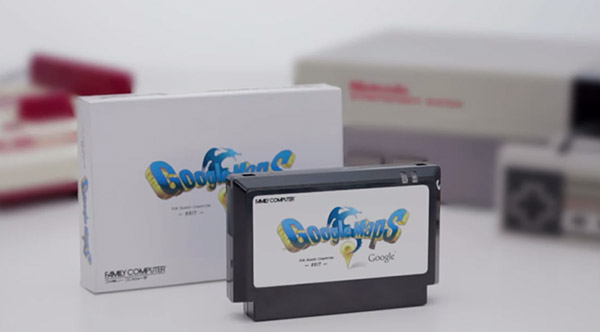During our Back to School podcast last week, we talked a bit about using games for learning in the classroom. I’ve used LEGO in the classroom, but not games, so I started thinking about what that might look like for one of my own courses. I typically teach technical communication courses, most often technical writing. In tech comm, we concern ourselves with a variety of things: audience, usability, design, etc. So, when thinking about what a game might offer a technical writing class, I turned to Limbo.
Limbo, by Playdead, is an atmospheric puzzle platformer and one of my all time favorite games. The game’s design and the efficiency and simplicity of the puzzles made Limbo a joy to play, but are also what makes me think the game has something to teach technical writing students. In a sense, the design of the puzzles are in and of themselves their own little mini (albeit opaque) instructions. In each puzzle, the game presents you with a small variety of objects, usually only a handful or less: a box maybe, a spider that may be trying to kill you even as you need to use it to help you, a moving cart, etc. The puzzles in Limbo are hard, but the designs are so simple. So, when a player encounters and object, she doesn’t need to wonder, “do I need the box?” Because, yes, she needs the box. And, while actually solving the puzzle never gets easier, I found that knowing that Limbo was always going to give me only what I need to solve the puzzle, no more and no less, changed my approach to the problem solving. In this way, I think Limbo brings up a way of thinking about instructions that goes beyond what might immediately come to mind when someone says “instructions.” Limbo shows an attention to detail and finesse in these puzzles that demonstrates how the concepts of design, usability, and even a specific genre, such as instructions, play out in various ways all around us everyday.
 In addition to its beautifully designed puzzles, Limbo, at heart, is an exercise in failure. Learning to embrace failure is something I talk a lot about with my students. Not failure in the sense of the grade, of course. (Although they often fear that’s what I mean at first.) But, rather, failure as a process. When faced with a large project, students often hesitate, unsure of how to begin. They want to be able to see the whole project before they feel they can begin. (I fall into this trap sometimes, too, especially with my dissertation.) But, Limbo forces the player to fail and it’s violent. Many of the puzzles force the player to die over and over while he or she experiments with various levers or solutions to find out what will work. I was playing it a bit again last night, and I realized it gives me the sensation that you have to sort of just go forth and see what happens before you will figure out what will work. That’s what I’m asking my students to do in their projects. That’s what I need to do in my project, and that’s what we all have to do everyday.
In addition to its beautifully designed puzzles, Limbo, at heart, is an exercise in failure. Learning to embrace failure is something I talk a lot about with my students. Not failure in the sense of the grade, of course. (Although they often fear that’s what I mean at first.) But, rather, failure as a process. When faced with a large project, students often hesitate, unsure of how to begin. They want to be able to see the whole project before they feel they can begin. (I fall into this trap sometimes, too, especially with my dissertation.) But, Limbo forces the player to fail and it’s violent. Many of the puzzles force the player to die over and over while he or she experiments with various levers or solutions to find out what will work. I was playing it a bit again last night, and I realized it gives me the sensation that you have to sort of just go forth and see what happens before you will figure out what will work. That’s what I’m asking my students to do in their projects. That’s what I need to do in my project, and that’s what we all have to do everyday.
In these ways, I imagine Limbo could be a productive assignment for technical writing, but even going beyond Limbo and bringing Playdead’s forthcoming, but delayed, game Inside into the conversation could open up conversations about teamwork, deadlines, and client or audience expectations. Personally, I can’t wait for Inside, and I believe it was originally supposed to be released early this year. I would rather be patient and wait for the game to be perfect, but I think talking about the delay could lead to a productive conversation. When does a developer release? Should they just go even if the product isn’t ready? We see this sometimes with the early access on Steam, and people have a variety of feelings about that, but for my students, I would be asking how they would make that decision and what are the consequences. Technical writing isn’t just about writing genres (i.e. writing memos, instructions, etc.), it’s about considering a whole host of other factors: audience, design, usability, and advocating for users. I think Limbo has a lot to offer a technical writing class. I think I have talked myself into using it.




